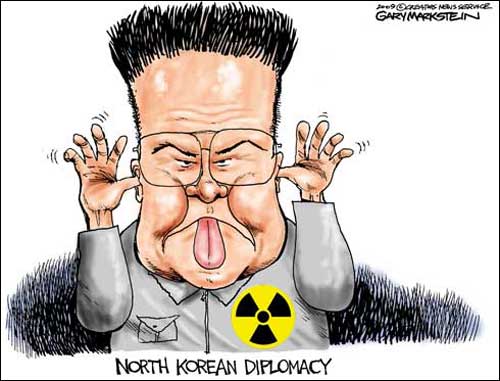
- The term failed state is often used by political commentators and journalists to describe a state perceived as having failed at some of the basic conditions and responsibilities of a sovereign government. In order to make this definition more precise, the following attributes are often used to characterize a failed state:
1) loss of control of its territory, or of the monopoly on the legitimate use of physical force therein,
2) erosion of legitimate authority to make collective decisions,
3) not able to provide public services,
4) not able to interact with other states as a full member of the international community.
The failed nation is characterized by social, political, and/or economic failure.



How does a collapsed state look like?
- Rwanda, as the example of collapsed state, wasn't controlled by the government. The Ghost of Rwanda, the documentary that shows the total collision of the government shows the international community's shameful reaction to the genocide. The film is a complete historical and political issues in Rwanda, but especially the video shows extreme collision of the government. The president of Rwanda cannot control the state, whereas the physical force flourish in the village which led to the genocide. The president lost his legitimacy of controlling the state, so the external force, the United Nations, should've interrupt the case of Rwanda. However, it was even harder for the UN to control the chaos of Rwanda, the complete collapsed state.




